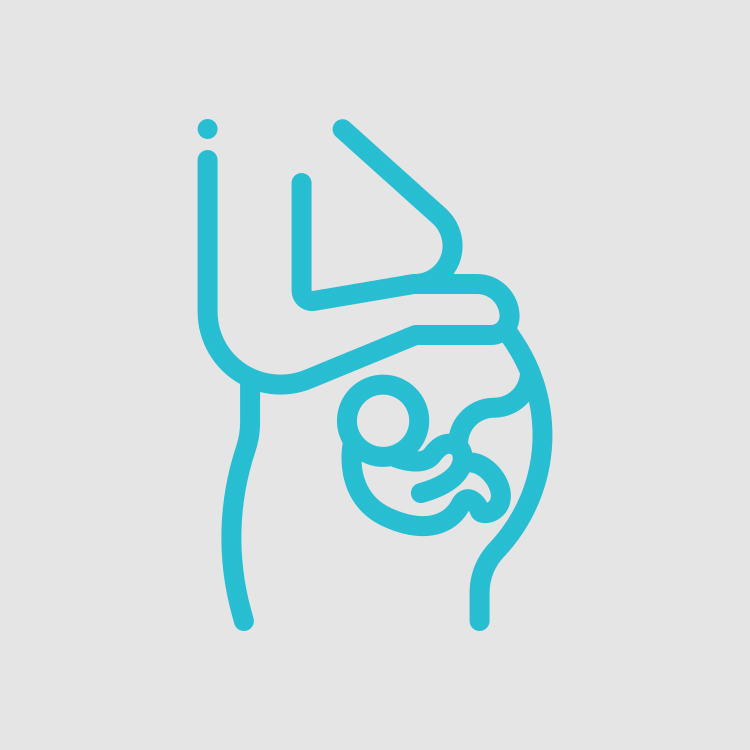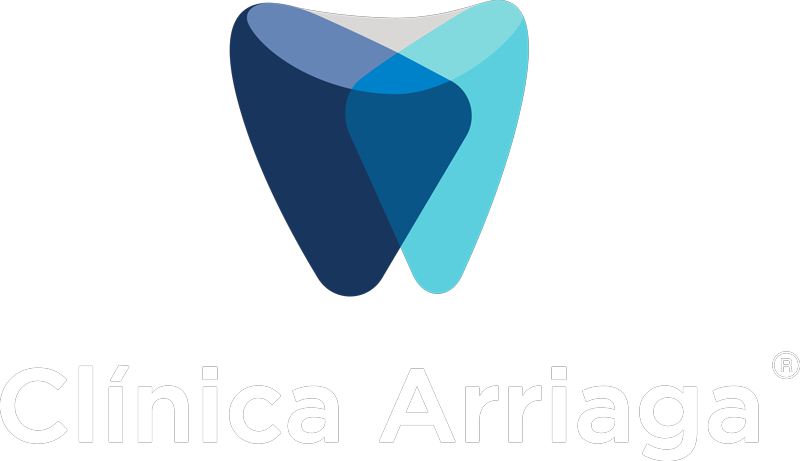
Pregnancy and Oral Health
Pregnancy involves a number of organic and behavioral changes that can affect the oral cavity, causing an increased risk of tooth decay and gum disease.
Therefore, when a woman plans to become pregnant or knows she is pregnant, she should request a review appointment with her dental doctor.
The Impact of Pregnancy on Pregnant Oral Health
It is very important that during pregnancy, the pregnant woman maintains proper oral hygiene and follows a balanced diet.
Contrary to popular beliefs, the baby does not get calcium from the mother's teeth. When the baby needs calcium, it usually gets it, for example, from it's mother's diet, but never from it's teeth.
The belief that pregnancy translates directly into dental problems for the mother is also wrong. If you are developing more cavities, it may be due to:
- Neglect of your oral hygiene and resulting plaque buildup. The bacteria in dental plaque use the sugar that mom consumes, to produce acids that attack the tooth enamel, causing cavities;
- Changing eating habits and schedules. As the mother's abdomen increases in size, she begins to eat small amounts of food more often (because she feels full immediately after she starts eating.) You should avoid eating sweet and/or sticky foods (candy, packaged juices, soda, sweets, ...);
- Vomiting associated with pregnancy or reflux of stomach acid. Stomach acid causes erosion of tooth enamel, making it more susceptible to decay.
Gingival problems during pregnancy
The hormonal changes that accompany pregnancy favor the appearance of gingivitis. Gingivitis is an inflammation and redness of the gums that can cause widespread pain in the mouth and a greater tendency to bleed.
Gum problems usually appear during the second month of pregnancy, are usually high by the eighth month, and improve after delivery.
If you already had gum problems or periodontal disease before pregnancy, they are likely to get worse. During the second trimester, a "pregnancy granuloma" may also appear on the gums.
This is a protruding lesion located on the gums and bleeds easily. Most decrease in size or disappear after delivery.
The hormonal changes of pregnancy cannot be controlled, but it is in your power to eliminate the other factors that cause gingivits (namely: dental plaque - you should clean your teeth every day - and tartar - you should schedule a scaling/cleaning with your dentist.)
Dental treatments during pregnancy
Pregnancy is not a disease. Therefore, the pregnant woman can have the dental treatments she needs.
During the first trimester, usually only emergency treatments are performed, because it is during the first trimester that the baby's main structures are formed, such as the Central Nervous System with the brain, the heart and Vascular System, etc.
The second trimester is generally the ideal time to perform any dental treatment. It is okay to use local anesthesia during treatments. The dentist uses anesthetics that do not affect your baby.
Radiographic examination is an important diagnostic tool for some dental treatments. The beam of radiographic rays is not directed at the abdomen and the amount of radiation produced is small;
Therefore, dental x-rays can be performed during pregnancy, provided a lead apron is placed that covering the pregnant woman's abdomen (to protect the baby).
In the last trimester of pregnancy, it may be uncomfortable to sit in the office chair for a prolonged period of time, which is why we try to avoid performing prolonged dental treatments at this stage (although the are no drawbacks to practicing dental treatments.)
The use of nitrous oxide during the first and third trimesters of pregnancy is not recommended because it can stimulate the uterine muscles and favor the appearance of miscarriages during the first trimester and the appearance of contractions with risk of premature labor during the third.
If there is a history of premature births, dental treatment should be avoided in the last months.
Oral Health Care During Pregnancy
- Avoid eating sweet and/or sticky foods (candy, packaged juices, soft drinks sweets, ...);
- Brush after meals;
- Schedule an evaluation appointment with your dentist during the second trimester;
- In order to minimize the action of gastric acid, during vomiting episodes, you should choose not to brush your teeth immediately after the episode. First, you should rinse one glass of water with one teaspoon of sodium bicarbonate dissolved.



